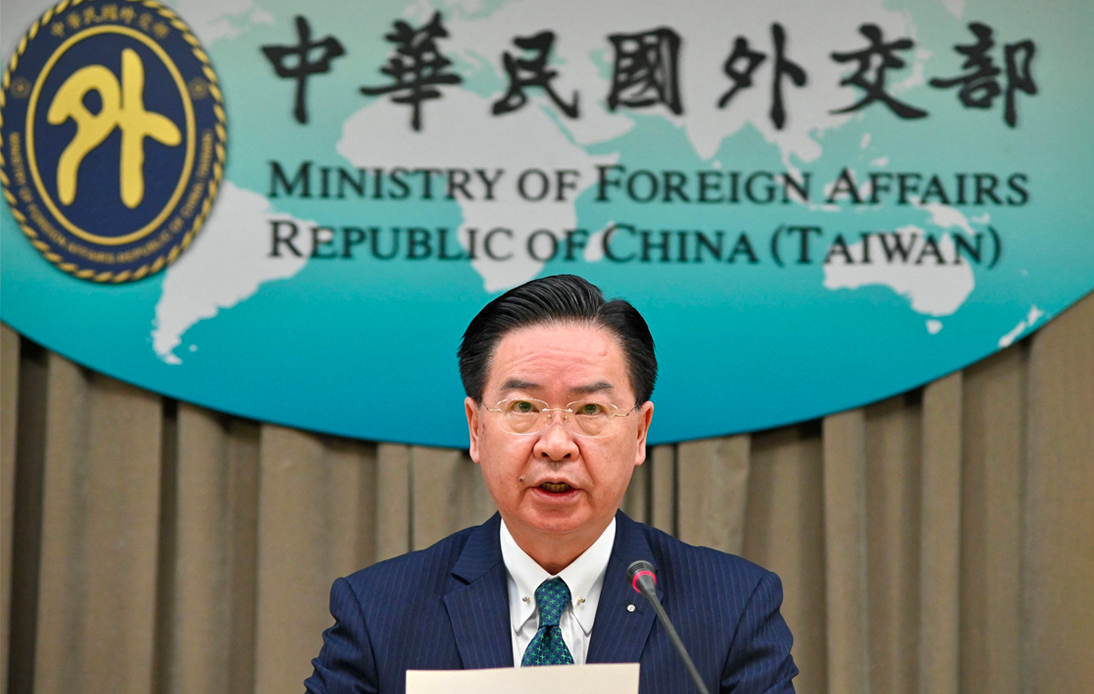
Taiwan’s Ministry of Foreign Affairs responded strongly to Elon Musk’s recent remarks that described the self-ruled island as an “integral part of China”.
During a virtual appearance at the All-in Summit held in Los Angeles earlier this week, Musk compared Taiwan’s connection with China to the relationship Hawaii shares with the United States.
“The approach from [Beijing] has been to kind of bring Taiwan back under Chinese control,” remarked the head of Tesla (TSLA), asserting his proficient understanding of the Chinese perspective.
“From their standpoint, you know, maybe it’s analogous to like Hawaii or something like that, like an integral part of China that is arbitrarily not part of China mostly because … the US Pacific Fleet has stopped any sort of reunification effort by force”, he added.
Taiwan, a democratic island, has long been asserted as a part of its domain by the communist regime in Beijing, even though it has never exercised governance over it. Meanwhile, Hawaii has held the status of an official US state since 1959.
“Listen up, Taiwan is not part of the PRC [and] certainly not for sale!” declared Taiwan’s Foreign Minister Joseph Wu in a statement on X, previously known as Twitter, on Wednesday, using the nation’s formal designation, the People’s Republic of China.
Furthermore, Wu expressly hoped that Musk “might persuade the CCP (Chinese Communist Party) to grant access to platform X for its citizens.”
Just like other Western social media outlets, platform X, currently under Musk’s ownership, has persistently been restricted in mainland China by the governmental authorities.
China Ties
The remarks from Musk came as an answer to an inquiry regarding the obstacles encountered by US corporations operating in China.
Due to his entrepreneurial engagements in China, Musk acknowledged having interactive sessions with “senior leadership at many levels in China”, highlighting that this gives him “a pretty good understanding” of the nation for “an outsider.”
Earlier this year, Musk made a trip to China, where he engaged with various state officials and toured Tesla’s Gigafactory situated in Shanghai. In April, he disclosed the inception of a new battery manufacturing unit in the metropolis.
Musk has consistently lauded the quality of Tesla vehicles manufactured in Shanghai, stating that they represent “not just the most efficient production, but also the highest quality”.
In a visit this May, Musk voiced his opposition against a prospective US-China separation amidst geopolitical rifts, describing the mutual interests of the two nations as “intertwined like conjoined twins”.
Tesla maintains a significant dependency on the Chinese market, where the Shanghai establishment’s output constitutes a majority of its worldwide sales.
Despite its optimistic stance towards the largest automotive market globally, the electric car manufacturer has faced several challenges in the region.
Over the last few years, several Chinese administrative departments have restricted Tesla’s vehicles from accessing their facilities, citing alleged security concerns.
Moreover, the electric automotive company has reduced the pricing of its vehicles in China multiple times this year, instigating a competitive pricing scenario in the sector, where it holds the second position, trailing behind industry frontrunner BYD.
In Taiwan, Tesla operates a distribution and electric charging infrastructure.




















